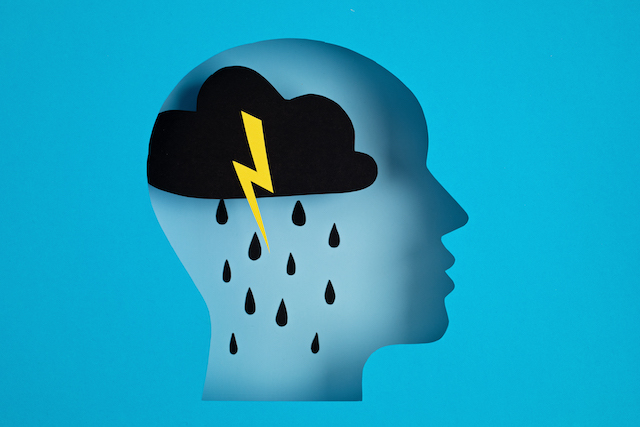World Mental Health Day was recently marked across the globe, with numerous stories of bravery, courage and hope shared on the pages of LinkedIn.
It therefore seems an appropriate time to address the issue in the context of insolvency.
In our work as Insolvency Practitioners (IPs) and Business Restructuring experts, our advice is generally tailored towards the issues faced by limited companies and partnerships. However, it is important to realise that, beyond the balance sheets, trial balances and deficiency accounts, are human beings experiencing serious financial difficulties.
Most of us in the industry will have our own experiences of working on an assignment that featured a person with a mental health issue.
Several groups of people are likely to be affected in the context of a business rescue or insolvency situation: namely, company directors, employees and suppliers. Figures provided on the Mind website indicate that mental health problems affect around 25% of people in any given year. It is clear, therefore, that amongst the many types of people whom IPs will encounter during the course of their work, a significant number will be experiencing a mental health problem.
Many directors tend to think of stress and worry as obligatory consequences of running a business. Of the 500 directors and managers surveyed by the Institute of Directors (IoD), in 2019, 57% stated that they had experienced mental health issues triggered or worsened by workplace pressures.
These figures would surely be higher were the survey were to be taken in the context of insolvency.
When a director is fighting to save a company, a vicious circle can emerge; company debts are likely to exacerbate mental health problems, which in turn may well lessen the ability of a director to rescue a struggling company.
Redundancy can also deal a devastating blow. Coping with the financial difficulties of losing a job may be slightly offset by eligibility to certain payments from the Redundancy Payments Office. However, the blow of losing a job can be shattering in itself. The Metro newspaper reported that Thomas Cook staff owed seven weeks of pay had been forced to use foodbanks. The future looks uncertain for thousands of former staff left unemployed by the company’s demise.
Suppliers may find that a customer’s financial problems could have a knock-on effect on a third party business, which may even lead to the insolvency of an innocent company caught up in the turmoil.
The scenarios outlined above are just some of the stressful situations in which an IP must operate.
It is therefore imperative that those in the profession are given more training to ensure they not only perform their duties diligently, but do so with ample consideration and sensitivity.
The good news is that the industry recognises its responsibilities. Several major financial charities have provided speakers at industry conferences. The websites of many leading players in the industry feature sections relating to mental health and debt, with links to several leading financial charitable organisations.
IPs must guard against the risk of becoming desensitised by daily exposure to the problems faced within an insolvency situation. It is important to remember that the individuals on the end of the phone, or with whom we meet, are real people, experiencing very real problems.
Help for those affected by insolvency:
https://www.moneysavingexpert.com/credit-cards/mental-health-guide/
Citizens Advice https://www.citizensadvice.org.uk/debt-and-money/debt-solutions/
Stepchange https://www.stepchange.org/
National Debtline https://www.nationaldebtline.org/
Debt Advice Foundation http://www.debtadvicefoundation.org/
Debt Support Trust http://www.debtsupporttrust.org.uk/
Business Debtline https://www.businessdebtline.org/

